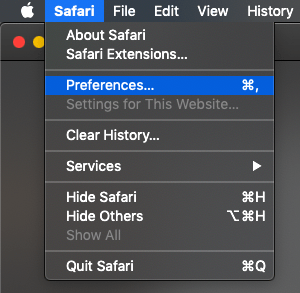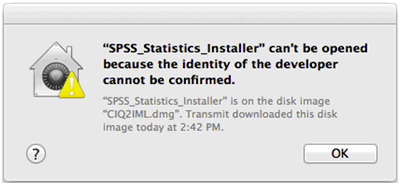

In my case this message came up, when an embedded third party framework had a bad run path setting: LD_RUNPATH_SEARCH_PATHS in build settings did reference something that it was not allowed to. I’d still be interested to learn what the issue could have been in case there are users out there encountering it. Update: Upgrading the Mac from El Capitan to Sierra resolved the issue. I’ve also checked that CFBundlePackageType in the app’s ist is set to APPL. I’ve never revoked any Mac signing certificates. The Certificates, Identifiers & Profiles website shows unexpired “Developer ID Application” and “Developer ID Installer” certificates under my account.

Origin=Developer ID Application: Company, Inc. Nested=Frameworks/Electron ameworkĭesignated => identifier "" and anchor apple generic and certificate 1 /* exists */ and certificate leaf /* exists */ and certificate leaf = XXXXXXXXXX Sealed Resources version=2 rules=12 files=10708 (XXXXXXXXXX)Īuthority=Developer ID Certification Authority $ codesign -d -deep -verbose=2 -r- App.appĮxecutable=/Applications/App.app/Contents/MacOS/Appįormat=app bundle with Mach-O thin (x86_64)ĬodeDirectory v=20200 size=196 flags=0x0(none) hashes=3+3 location=embeddedĪuthority=Developer ID Application: Company, Inc. $ codesign -v -strict -deep -verbose=2 App.appĪpp.app: satisfies its Designated Requirement What’s confusing is that all of these tools report that the. dmg, so I looked into Apple’s docs on Checking Gatekeeper Conformance and Examining a Code Signature, which discuss codesign, spctl, and check-signature. I want to detect this issue on the build machine before distributing a faulty.

My macOS app is codesigned and runs on some computers but on another it fails to run since Gatekeeper pops up “ can’t be opened because the identity of the developer cannot be confirmed.”


 0 kommentar(er)
0 kommentar(er)
